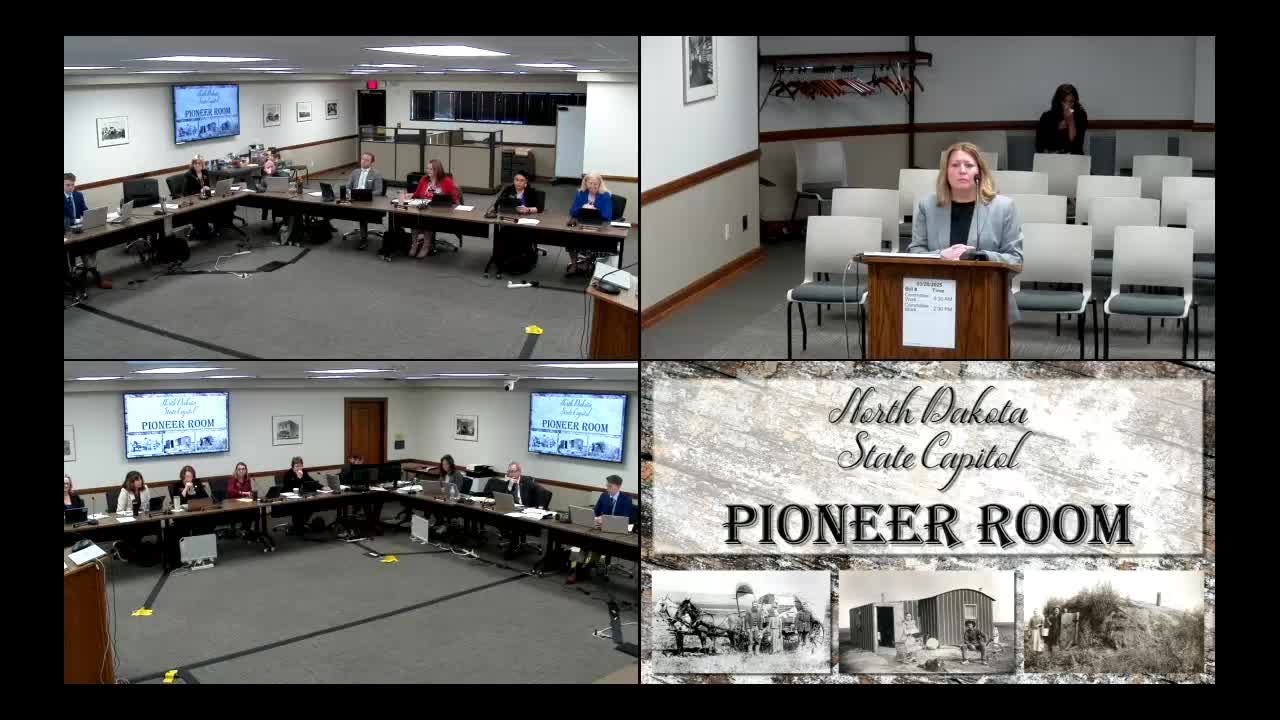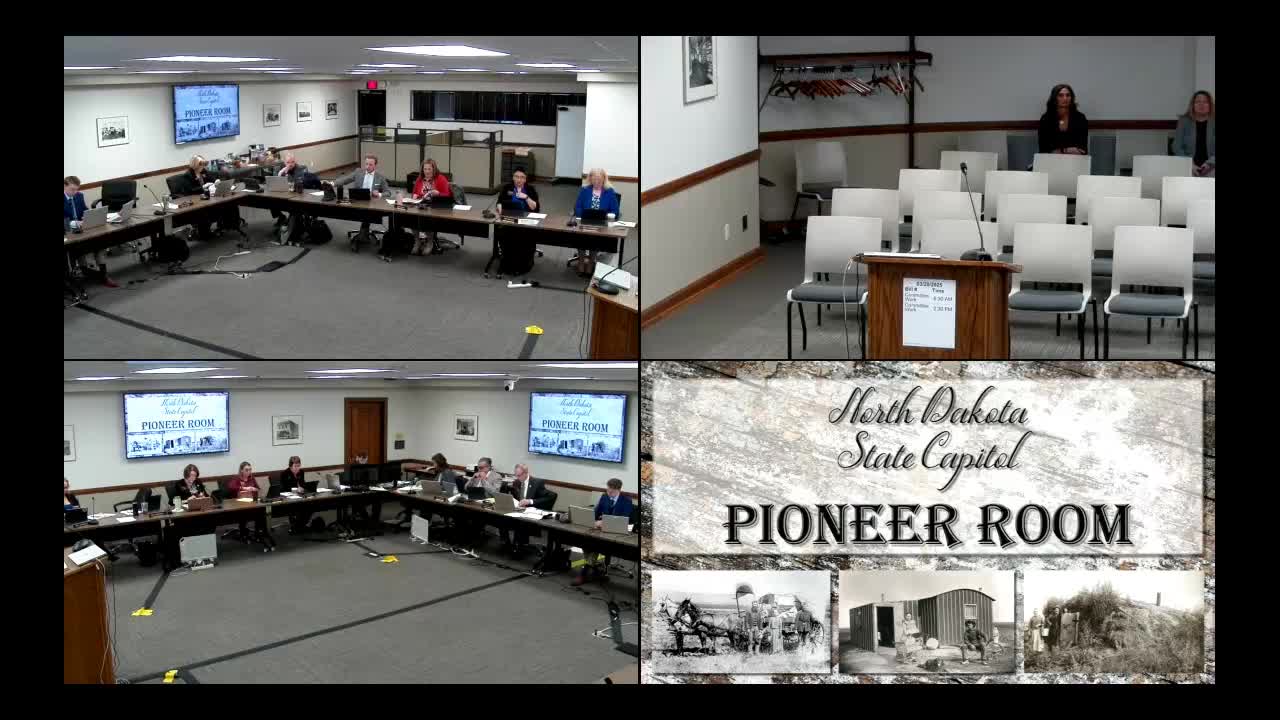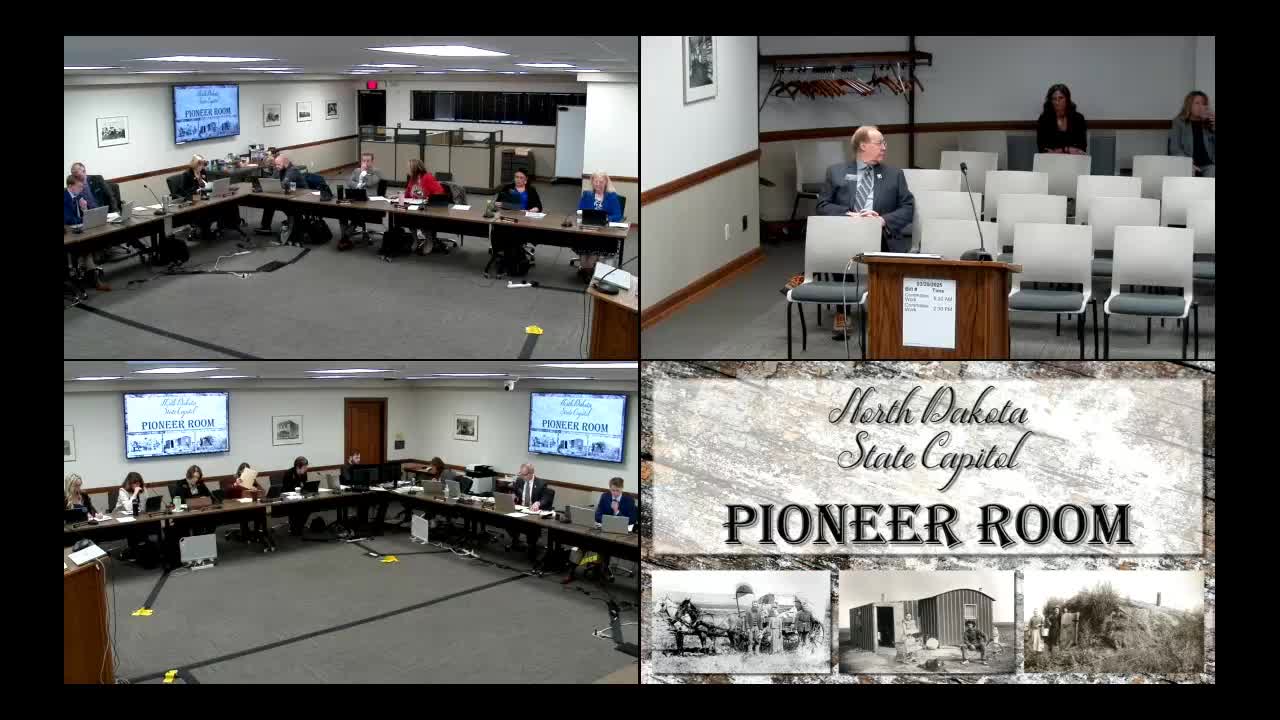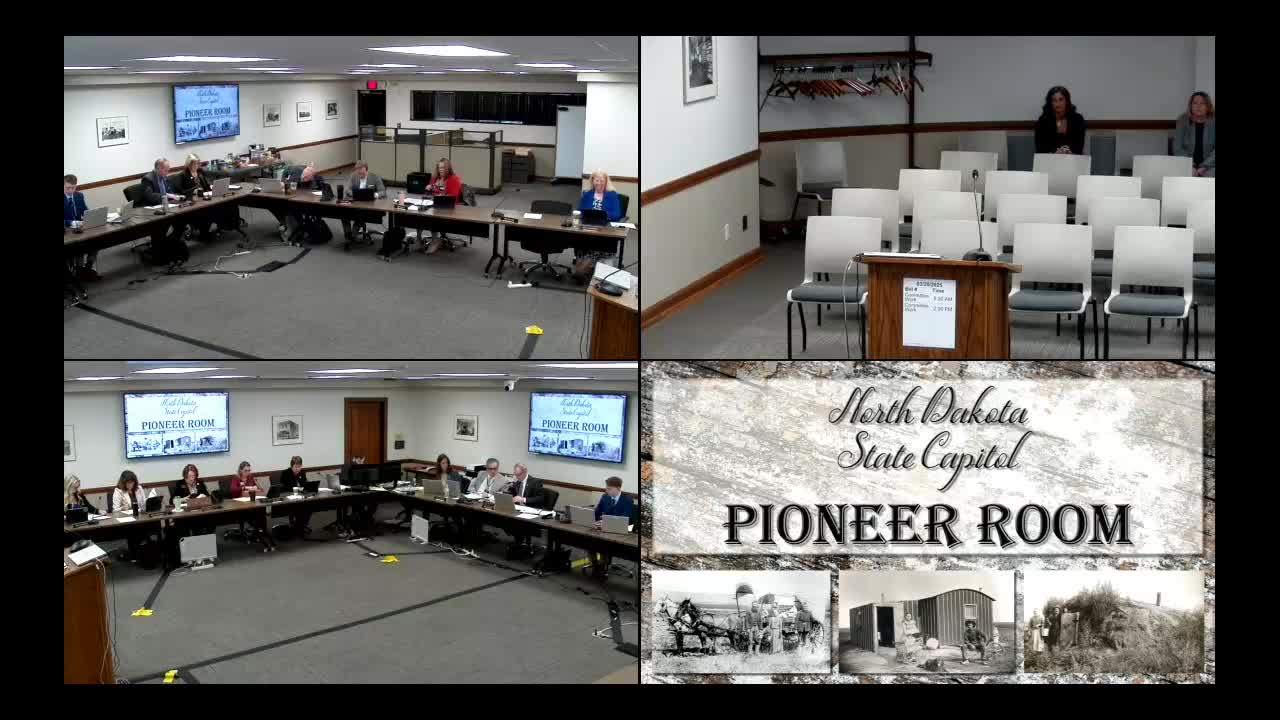Article not found
This article is no longer available. But don't worry—we've gathered other articles that discuss the same topic.

Senator’s office and local advocates outline plan, fundraising model for Fargo National Cemetery enhancements and a $3M line-of-credit ask

Lawmakers debate $15M proposal for Cass County research park; sponsors propose $7.5M grant and $7.5M line of credit

Committee advances military-compatibility commission after split debate over duplication and information access

